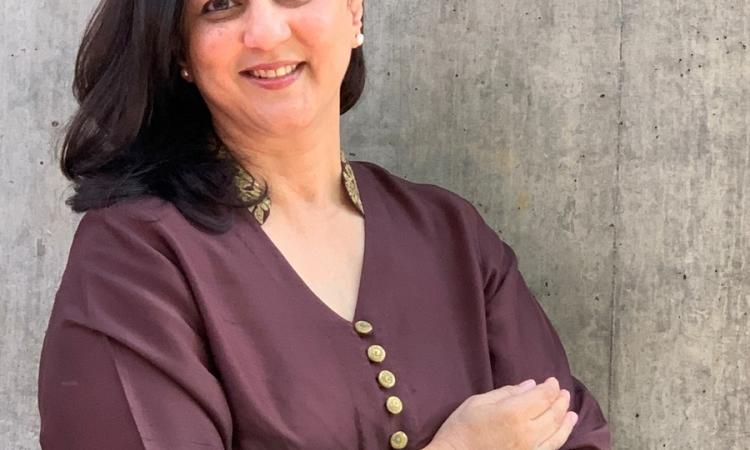
Listen to the interview here:
Rohini talks about the water sector, the COVID-19 pandemic and her vision for the city of Bengaluru. Read some excerpts below.
“Water plays a critical role in public health in general and now as the first line of defense against the COVID-19 pandemic. It is also pivotal in ensuring rural livelihoods, especially now with migrants returning to villages and the summer approaching.
All this makes it crucial for the government to expedite the flagship programmes on water - Jal Jeevan Mission (JJM) and Atal Bhujal Yojana (AJY)” says Rohini.
She also emphasises the need for collaboration - between Samaj, Sarkaar and Bazaar and speaks about the Societal Platform approach to create new kinds of synergies through unified structures that allow local creativity and context to flourish while providing an important way to collaborate. Giving an example of the Societal Platform approach, Rohini talks about the opportunities for collaboration that have opened up through the work of Diksha, the National Teacher Platform and the work of EkStep Foundation in building the technology infrastructure that powers the platform for the education sector.
Talking about the use of this approach in water Rohini refers to Arghyam’s work. She points out that while water and education are fundamentally different, since water is a finite, shared resource, this is also perhaps exactly why it is important to enable collaboration and understand how to use data and processes better in the water sector as well.
“Arghyam is looking at this to address one key gap of capacity building” says Rohini. “We have learnt that actors at different levels in the water sector have been trained, have been given a lot of capacity, but it has not all come together in a sticky way. If you are doing the next project, you don’t know exactly where to look, whom to look for. So that's the gap we are attempting to bridge by creating a digital platform for capacity building. After that, we hope to build on this and also look at data for the sector” she adds.
Speaking about the response to COVID-19 pandemic Rohini speaks about how philanthropic organizations across the globe have declared fairly large amount of funds towards the emergency response to work on healthcare, provision of essential services such as food and water. “While emergency relief is crucial in the current situation, we have also started thinking about what to do beyond it so that people can go about their lives and livelihoods safely post lockdown” says Rohini. She explains how in states like Kerala, where governance is better, CSOs reach wide and deep, previously laid out infrastructure of both sarkaar and samaaj services exists, there is high trust and that has ensured the response there was much quicker and effective. “The understanding that if you want to do midterm, long term and sustained efforts, it is never too late to start trust building through network partners. So that, when the time comes, the response can be much better. I think that has been a lesson that many of us are learning as we speak”, says Rohini.
Speaking about the impacts of the lockdown on water resources, she urges organisations in both rural and urban areas to analyse available data from the past and compare with the current situation, and keep a focus on it even after the lockdown ends. “Bringing lakes and rivers back to life is something that has been talked about for decades, but seeing it happen in forty-five days is a real eye opener. We know now that it is not just sewage that is flowing into the lakes and rivers but clearly the industrial effluents as well. There are institutions that are responsible and accountable for not allowing the effluents enter our water bodies. So, if it happens again when the lockdown lifts, we know whom to blame but at the same time we can also find ways to help the polluters so they don’t dump effluents into the rivers and lakes”, says Rohini.
She closes the interview leaving us imagining the possibility of living in a city with a clean river flowing in our midst.
Audio Edited by: Sreechand Tavva
Music Credit: Creative Commons Music by Jason Shaw on Audionautix.com